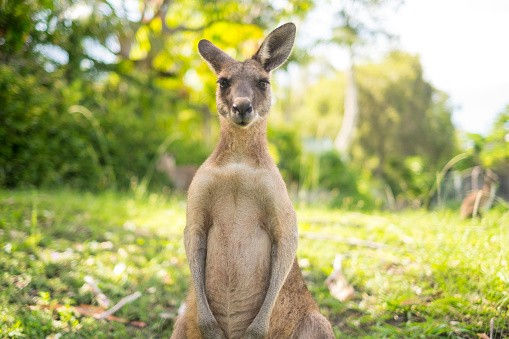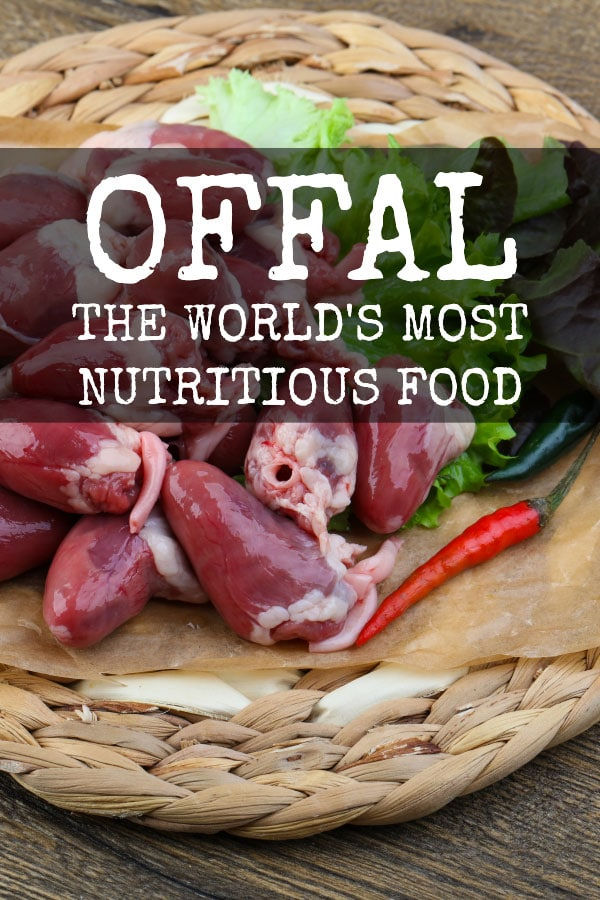Should we be eating the whole animal for the sake of sustainable consumerism?
- Cleon Cheah
- Mar 14, 2020
- 3 min read
Updated: Mar 15, 2020
When I was kid, my favourite type of meat came in the form processed chicken franks called "Valley Chef". I would have them simply boiled served with rice or even as a compliment to the other then seemingly bizarre dishes my grandma used to make. I was honestly appalled at certain dishes my grandma would whip up: Vinegar braised pig trotters? Stir fried livers?! Nope. Not for me. Little did I know, those seemingly weird dishes were far healthier than my ultra-processed food of choice. It was only till years later did I really understand the beauty of expanding your horizons and being open to seemingly off putting foods. In a nut shell, these dishes were and still are a part of my culture. A culture that has been bombarded and dismantled by the creation of factory processed and fast foods (Pirello, n.d.).

Photo Sourced Online (Eatwhattonight, 2016)
If you think about it, it’s pretty simple; Tossing out valuable parts of the animal doesn’t make sense environmentally or economically. Using the whole animal is and has been a practice that is commonly used in many countries around the world. This however, has largely slipped from the Western mindset. In Anissa Helou's cookery book, Offal: The Fifth Quarter, she points out we often devour the 'offal’ without blinking. Sausages (the skins are usually made from sheep, pig or ox intestines), pâté, chicken wings, bone marrow and caviar are all ‘innards and extremities’ (Scott, 2012). Therefore, we can see that many enjoy offal without realising it, so why do we not put aside our squeamishness and try some of the more extreme bits?
With that being said, there could be various factors behind this. Could it be due to the lack of connection we feel from our food sources, or because of attitudes (like the one I had as a child), or could it be because of the exposure to factory processed and fast foods since a young age that prevent us from trying unfamiliar things. The truth of the matter is that it is not all that unfamiliar to use the whole animal. As a species, humans have been doing it for centuries.

Photo Sourced Online (Scott, 2012)
To many, they believe that in order to maximize the nourishment you can receive from a living creature is to honour that it was, in fact, a living entity. By not using the whole animal, we are not respecting other living creatures, our bodies, or mother Earth. Giving thanks to the animal for supplying your meal is a good start, but it’s really when we choose to make the step in honouring the whole animal, that we truly take a step forward in ensuring ethical, sustainable and mindful consumerisms. In a nutshell, being sustainable is simply about reducing waste, and one of the most effective ways of doing this is by using as much of the animal as possible. But this isn’t a new concept by any means. It depicts a return to the post-war no-waste attitude where every part of the animal was used, preserved and little was thrown away (Henderson, 2017). In so doing, we encourage a mindset that fights excess waste and increases appreciation for the animals that nourish us. Hopefully paving a way for the future generation to better appreciate and be more open minded. Something which our current generation is clearly lacking.
WRITE IN THE COMMENTS SECTION ON THE OFF CUTS YOU HAVE HAD IN YOUR FAMILY HOME!
Photo Sourced Online (Watson, 2018)

Reference List
Eatwhattonight. (2016, March 27). Braised Pig Trotters with Eggs 猪脚卤蛋. Retrieved March 5, 2020, from https://eatwhattonight.com/2016/03/braised-pig-trotters-with-eggs/
Henderson, E. (2017, May 19). SUSTAINABLE EATING: WHY WE ALL NEED TO BE GOING THE WHOLE HOG. Retrieved March 6, 2020, from https://www.independent.co.uk/life-style/food-and-drink/sustainable-eating-vegetable-reducing-food-waste-whole-hog-pig-trotter-tristram-stuart-skye-gyngell-a7743301.html
Pirello, C. (n.d.). How Fast Food Has Changed Our Nation. Retrieved from https://www.onegreenplanet.org/natural-health/vegan-health/how-fast-food-has-changed-our-nation/
Scott, C. (2012, April 24). Eating a whole animal, nose-to-tail, may be ultimate ethical food choice. Retrieved March 4, 2020, from https://metro.co.uk/2012/04/24/eating-a-whole-animal-nose-to-tail-may-be-ultimate-ethical-food-choice-400186/
Watson, K. (2018, April 5). The Case for Sustainable Meat. Retrieved March 7, 2020, from https://quillette.com/2018/04/05/case-sustainable-meat/




Comments